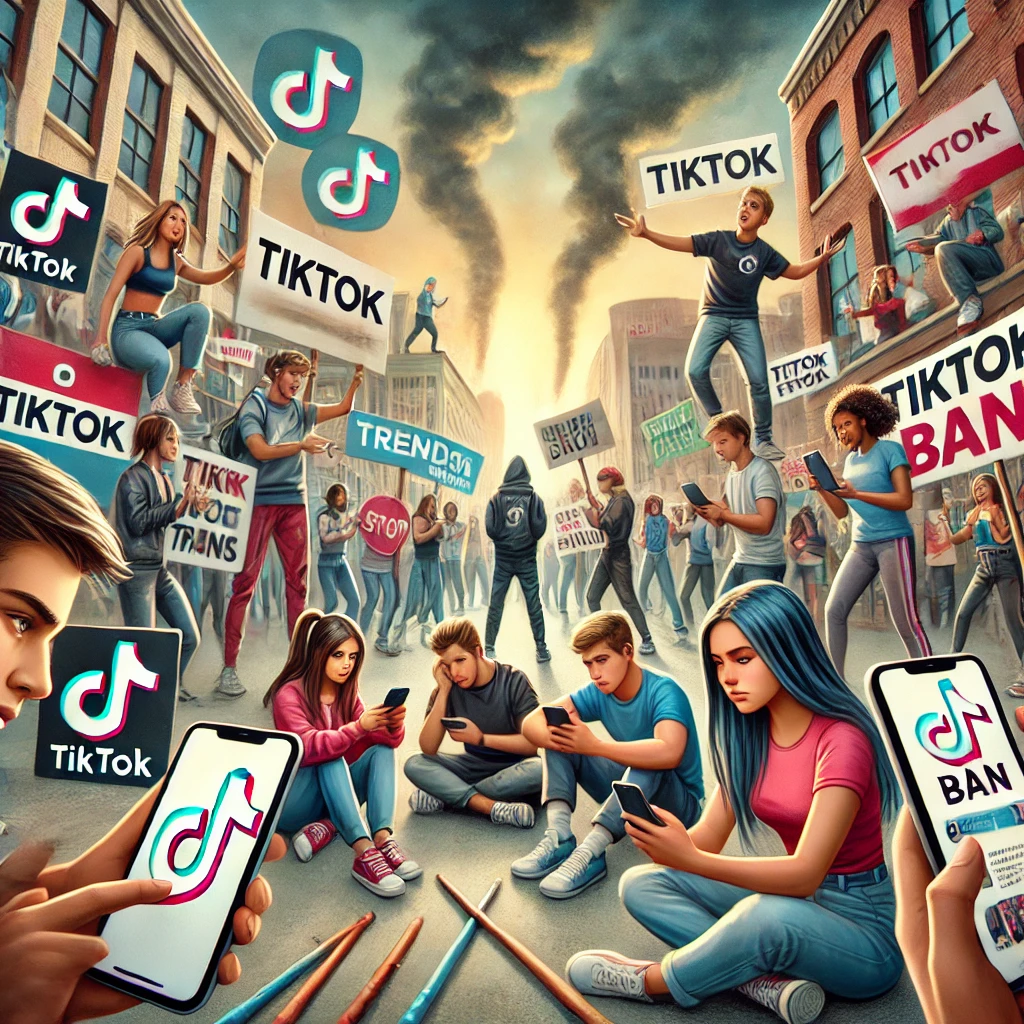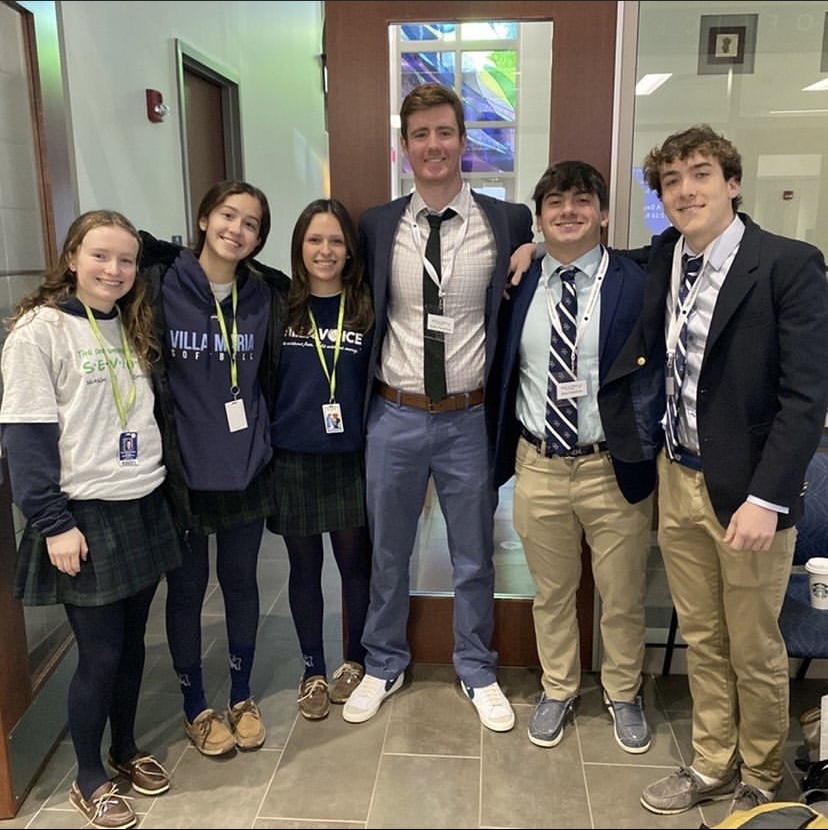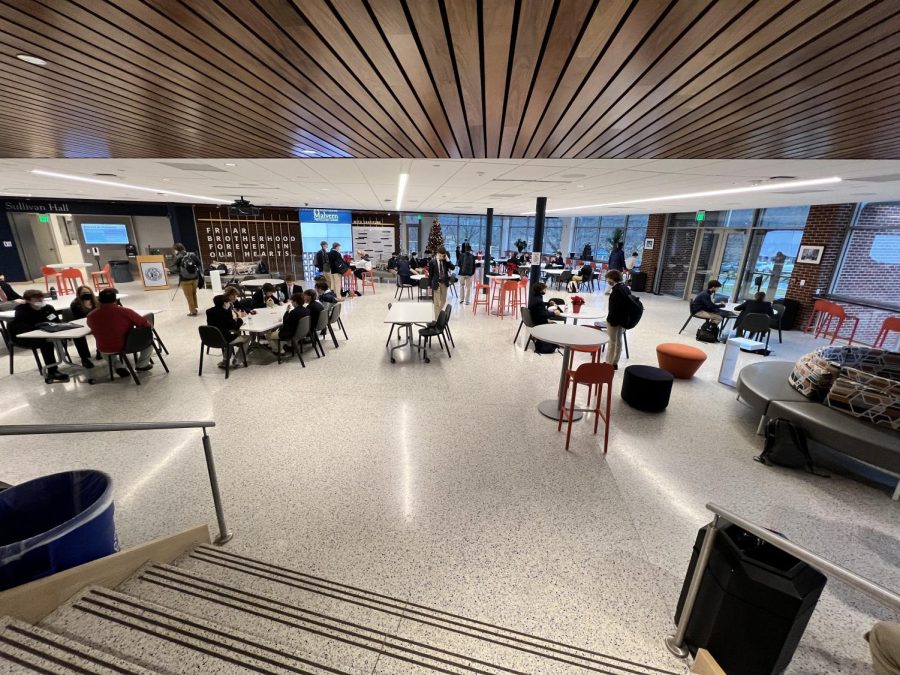Malvern should have significantly less restrictions on the wifi so that it can more consistently follow its own philosophy.
It’s a common, frustrating situation. A student sits down in the Learning Commons and is ready start working on some homework. They decide some music would go nicely with their work and Spotify is blocked. Then, YouTube music videos are blocked. Pandora is blocked. Most useful websites not directly related to education are blocked. The student has now wasted time just trying to make their homework a bit more enjoyable and is instead frustrated, angry, and perhaps most importantly distracted from their studies.
Malvern’s Statement of Philosophy on their website says, “Specifically, Malvern’s goals include preparing its students for further study in institutions of higher education, equipping them to understand the society in which they live and enabling them to recognize their own identity in a complex and changing world.”
If we are supposed to “recognize [our own identity in a complex changing world” and be prepared “for further study in institutions of higher education” shouldn’t we be allowed to control where we go on the internet so that we can discover how to better manage our time when we go to college in a few years and restrictions are not so strict? Shouldn’t we be able to chose from the vast variety of websites on the internet to learn new ideas and form our own unique ideas, opinions, and identities instead of choosing from the currently available curated list of unblocked website?
The Statement of Philosophy also states, “Ceaselessly striving to inculcate the truest ideals of Catholic Christian formation, Malvern Prep aims to develop in each student an analytical mind, critical judgment, personal and social dignity, responsibility, skill in effective communication and a persistent will for continuing self-education.”
If it explicitly says in Malvern’s Statement of Philosophy that the school wants students to be responsible and develop good judgement, why is the school not letting students be responsible and exercise good judgment?
By blocking an overwhelming number of the websites on the internet, Malvern is making choices for us when it is instead supposed to teaching us how to make our own decisions.
What is the problem with watching Netflix in study hall or listening to Spotify in Community Time? I understand that the block on the wifi discourages students from doing it, but odds are that they’re just going to switch off wifi and do it anyway. If watching Netflix in study hall results in a student failing a test, it’s better that students do that in high school and learn how to better manage their time now than have to do it in the future.
High School is supposed to be a place where it is acceptable to make mistakes as long as you learn from them. By preventing us from making mistakes, Malvern is in effect preventing some students from learning valuable skills. There are worse consequences in the world than failing a single high school test due to wasted time in study hall.
According to Dean of Faculty Coaching and Development Mr. Kevin Whitney, Malvern’s wifi blocks all websites with certain keywords. It blocks all websites relating to adult content, gambling, and other inappropriate content. State law also requires that private and public schools with free internet access to block websites with these types of content.
While the current filtering system complies with state law, it leaves a large number of useful websites blocked by default. However, a teacher can ask to unblock a website. When this happens, Whitney makes the call whether or not the website will remain blocked or become unblocked.
Despite how clear the process is for getting a website unblocked for scholastic purposes, it is not clear who is in charge of deciding why websites like Spotify, Netflix, and Twitter are blocked.
I first talked to Mr. Nate Duane from the tech department. He told me that Mr. Whitney makes the call on why these website are blocked. When I asked Mr. Whitney, he told me it’s the tech department’s responsibility.
Whitney speculated that part of the reason why the websites are blocked is because they could potentially take up a lot of bandwidth and are potentially prone to viruses. The actual process to unblock a large quantity of websites under the current system could be very long and difficult, according to Duane. That being said, Malvern should still work up to the goal of having a network that’s able to handle that to further accommodate students.
Students should be allowed to make their own choices about how they use the internet so that they can learn how to use it responsibly in the future. In the long run, this will benefit students and provide another dimension to help complete the Malvern education. If these sites are not unblocked, students will have to pay a lot in data as well as slow down the wifi.






